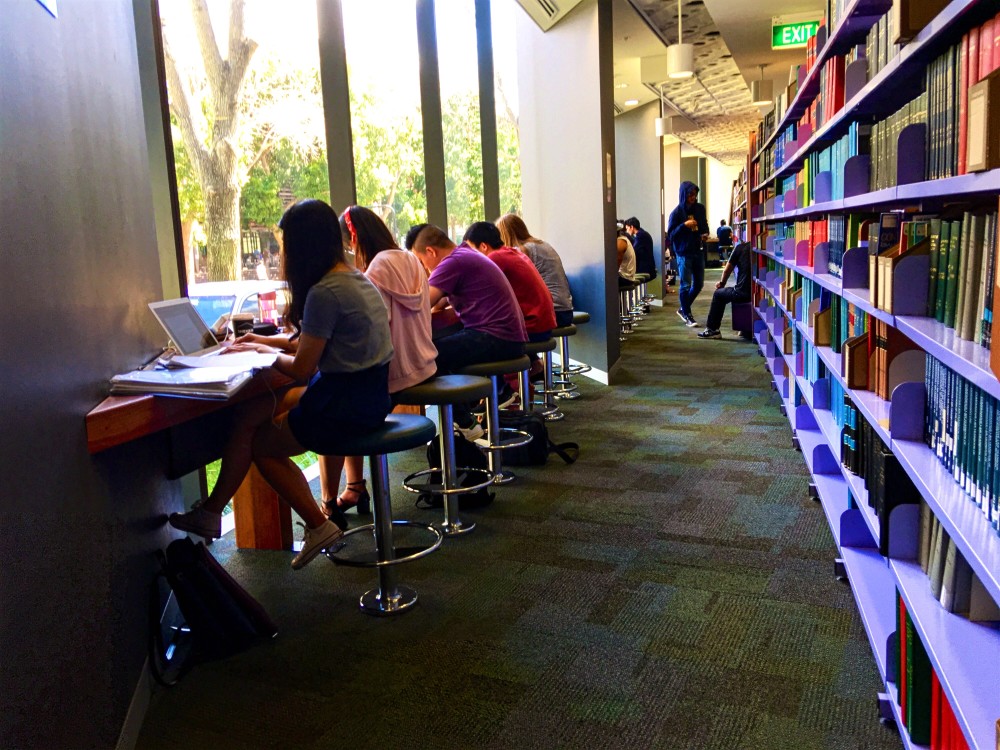Reverse mortgages are a way for the elderly to tap into the equity in their home for living expenses. However, these loans can affect the eligibility for government benefits such as Social Security, Medicaid, and Veterans’ Pension. This article will talk about the benefits of reverse mortgages as well as how they might affect the financial security and financial security of elderly women.
Reverse Mortgage Anaheim are a way for seniors to tap into the equity in their homes to help pay for living expenses
Reverse mortgages are a great way to help seniors access money for their living expenses without having to compromise their Social Security benefits. These loans are not subject to tax and do not affect Medicare or Social Security benefits. The funds can be used by older homeowners to pay for things such as in-home care, adult Daycare, prescription drugs and home repairs. They can also be used for mortgages or credit card debt repayments.
Reverse Mortgage Anaheim can be a great way of covering living expenses. However, you should be aware that there are risks. It can lead you to making questionable investments or spending. It can also lead a lifestyle that is not financially sustainable. Also it is better to reduce your spending or downsize your home than spend the money on these things. Also, keep in mind that you will still have to pay property taxes, insurance, and maintenance costs as long as you live in the home. If you are unable to make payments, the lender can seize your property.
The main drawback of reverse mortgages are the ongoing costs. For instance, you may have to make payments every month for the rest of your life. Also, the loan may not be paid off in full until the last surviving borrower dies or sells the home. Before applying for a reverse mortgage, it is important to consult a financial advisor.
FHA has taken steps towards reducing defaults in reverse loans. The agency has established standards for lenders. Federal backing could be withdrawn if the company has a high default ratio. However, if they continue to provide quality service, they will remain on the list of approved lenders.
Seniors looking to access their equity in their home can consider a reverse mortgage. It doesn’t mean that they should sell the house or downsize to receive the money. Reverse mortgages can help seniors retain their independence and not require them to sell or cut their monthly expenses.
They can affect Medicare, Social Security, Medicaid, and Veterans’ Pension
A reverse mortgage, also known as a home equity converse mortgage, is a cash loan against the value of a homeowner’s home. If the lump sum payments exceed an individual’s asset limit, a reverse mortgage could affect eligibility for Social Security or Medicaid benefits. However, monthly cash payments are not counted as income.
Reverse mortgages can also affect eligibility for other government benefits. Medicaid, for example, requires that applicants prove they have assets to qualify for the program. Understanding how reverse mortgages could affect your eligibility is crucial.
Reverse mortgage payments don’t affect eligibility for regular social insurance and Medicaid benefits. However, they can impact eligibility eligibility for Medicare and other programs. They won’t be considered income if you spend them within the month that they were received. However if the payments exceed the monthly resource limits for Medicaid they may be disqualified.
A person must have resources below the federal poverty level to be eligible for SSI benefits. The recipient must also have a small amount of money in their bank account. If the proceeds of a reverse mortgage are deposited into a bank account, this money could be counted as an asset and will disrupt the eligibility.
Reverse mortgage payments can affect the state’s benefits if the elderly homeowner plans to move into a nursing home. In some states, the reverse mortgage payments require the elderly homeowner to sell their home in order for the reverse mortgage to be paid off. This means that the money is paid to the family caregiver.
They drain equity from the properties
Reverse mortgages are a tax-free way to take money out of an elderly woman’s home and pay off the mortgage. They aren’t without controversy. Federal regulators and the Consumer Financial Protection Bureau have issued warnings about reverse mortgages and are investigating some mortgage companies.
In addition to removing equity from the property, reverse mortgages can affect federal benefits. Social Security, Supplemental Security Information, Medicaid, Veterans’ Pension eligibility, and Social Security can all be affected. A reverse mortgage can also lead to women exceeding income limits for entitlements programs. Unless the woman carries out a proper plan, a reverse mortgage can lead to financial trouble.
Lenders are required to meet certain requirements before approving reverse mortgages. Reverse mortgages must be discussed with family members about the impact of the loan. Non-borrowing relatives must be informed by lenders about the loan. Fortunately, the CFPB and the FTC have taken steps to improve the process of reverse mortgage counseling.

Reverse mortgages can be a lifeline for some elderly couples. Despite the complexity and fees, reverse mortgages can be a way to help your spouse pay for long-term healthcare. The reverse mortgage agreement usually includes both partners and allows the home to be sold after a year. The proceeds from the sale of your home can be used to continue care, as well as paying off your mortgage.
While reverse mortgages can save the lives of many elderly women, there are some risks and complications associated with them. These complications can include foreclosure and lapses in documentation. Reverse mortgages may also result in the spouse being displaced. Before you sign a reverse mortgage agreement, it is important to understand reverse mortgages.
The government is taking steps for the protection of the elderly. The FHA has made some changes to reduce defaults. However, companies that are still behind on payments should be closely monitored and subject to greater scrutiny. The government must take steps to protect consumers against fraud and ensure these loans don’t cause any problems. The FHA must consider offering varying levels of insurance for reverse mortgages.
They can have an impact on Medicaid eligibility
Medicaid eligibility requirements depend on many factors, including income, marital status, and family size. State regulations determine the amount of assets that may be considered income. Medicaid eligibility could be denied if a senior’s income exceeds the limit.
Seniors who have a reverse mortgage may not be eligible to Medicaid. Medicaid is a state and federal program that pays for medical costs, including physician visits and long-term care. It covers the majority of long-term healthcare needs in the United States. Medicaid eligibility can be affected by a reverse mortgage paid to a cosignatory or if both spouses have been institutionalized.
Seniors who receive a lump sum from a reverse mortgage will most likely lose their Medicaid eligibility unless the money is spent immediately. Medicaid recipients need to keep track of how much money is coming into and out their bank accounts. This means that even if they use power of attorney, the funds would still be attributed to the person on the deed.
Although reverse mortgages do not count as income, the amount they add to the elderly woman’s overall income will determine whether she can qualify for Medicaid. Medicaid requires that Medicaid recipients must have $2,000 worth of countable assets. The total asset limit can vary from one state to the next. In most states, reverse mortgage payments are not counted as income, but in some states, they may be counted as assets in the month they are received.



